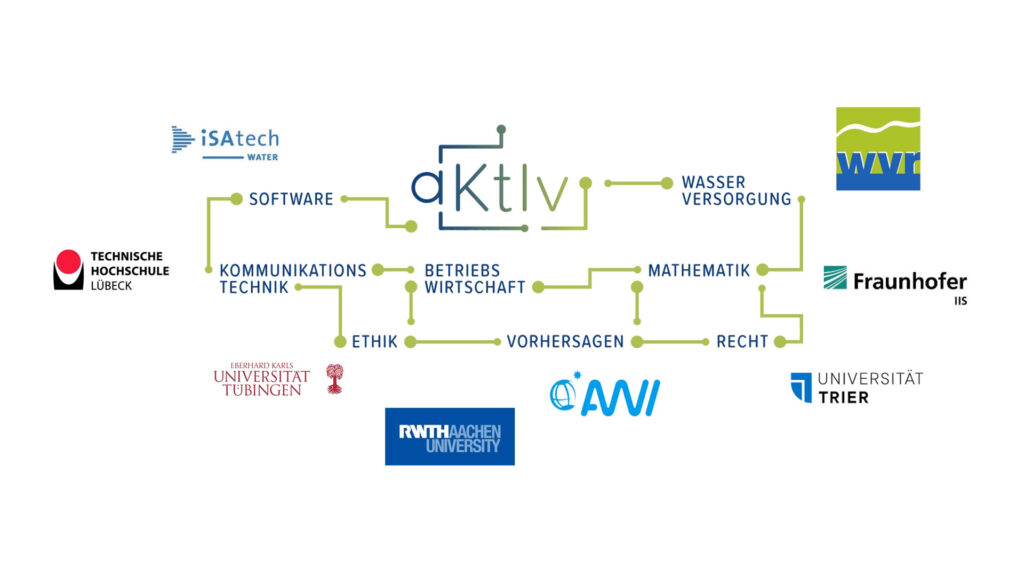A reliable drinking water supply is a basic need for people in Germany and a fundamental requirement for society and the economy. But water supply companies are facing an ever-increasing challenge due to increasingly extreme (weather) situations caused by the consequences of climate change.
The "aKtIv" project (agile network control to increase the resilience of the critical water supply infrastructure) intends to make the water supply in Germany more resilient to crises. The iSAtech water GmbH is therefore working with various project partners on a control system that recognizes critical system states at an early stage and recommends control decisions. The aim is to reduce the risk of shortages and supply bottlenecks.
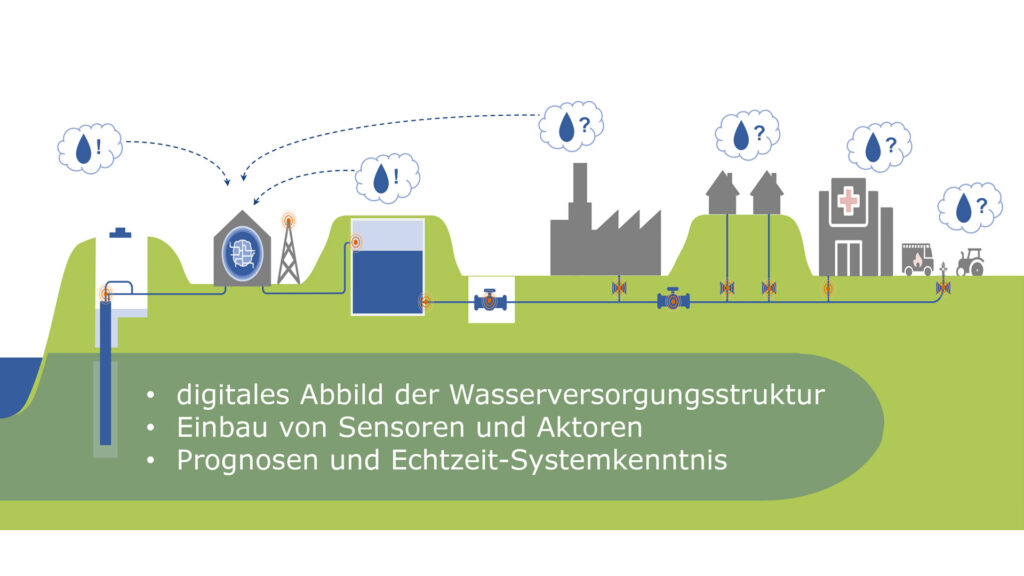
With the Omni Control Node (OCN) from iSAtech water GmbH, system statuses are registered in real-time and transmitted in encrypted form via a wireless connection to servers for evaluation. With these information and the help of artificial intelligence, supply and demand forecasts are generated. The OCN can then control sensors in the field to ensure that prioritized user groups are supplied with predefined quantities of water. This technology can be used as a remote control system in various applications.
In the second step, iSAtech water GmbH is developing a so-called 'decision support system'. This will be used on top of the existing SCADA-system, which has only regulated the supply according to short-term consumer demand. The decision support system combines the data collected with the help of the OCN, current information from the SCADA-system, and additional sensor technology. Various parameters can be preset and expected scenarios can be calculated. Specific optimized control recommendations are then proposed to the persons responsible in the control room.
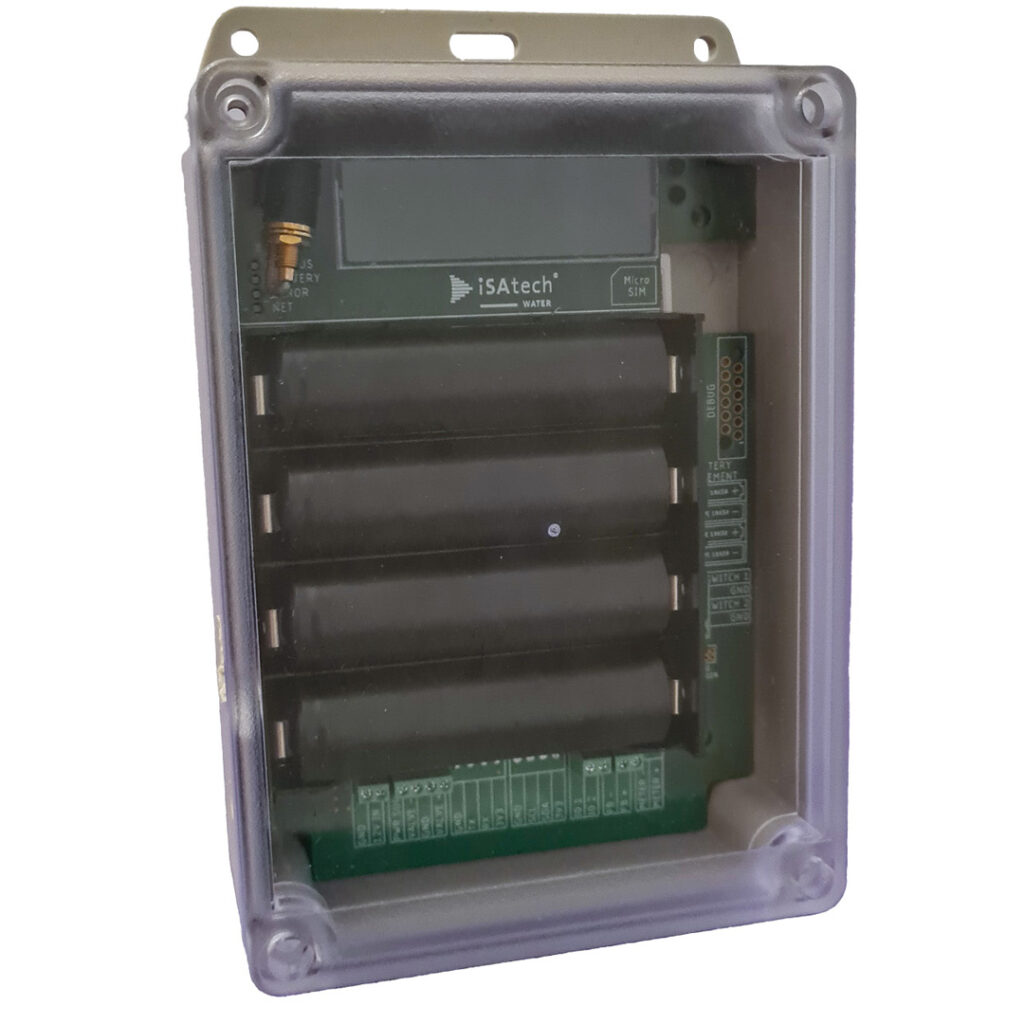
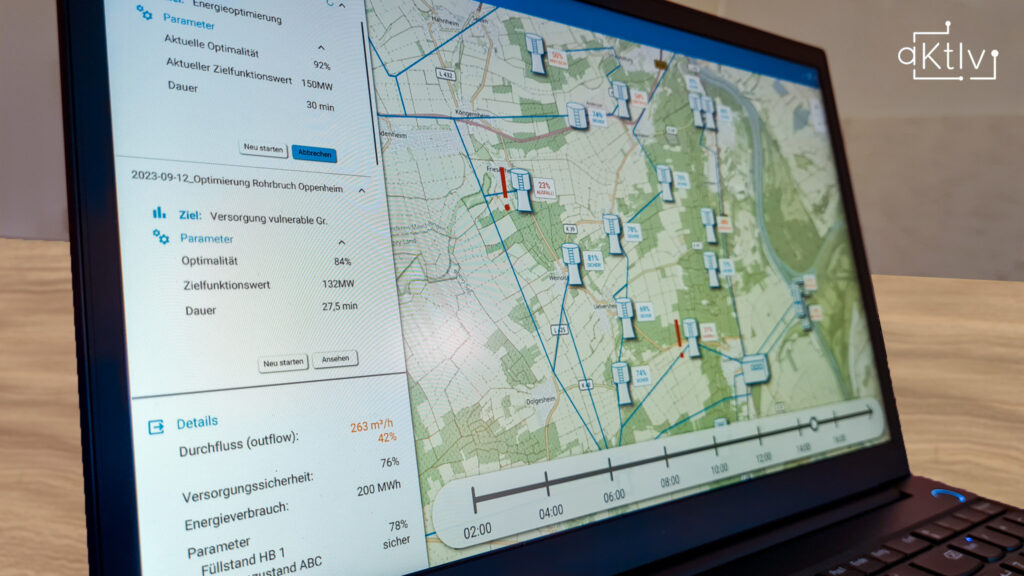
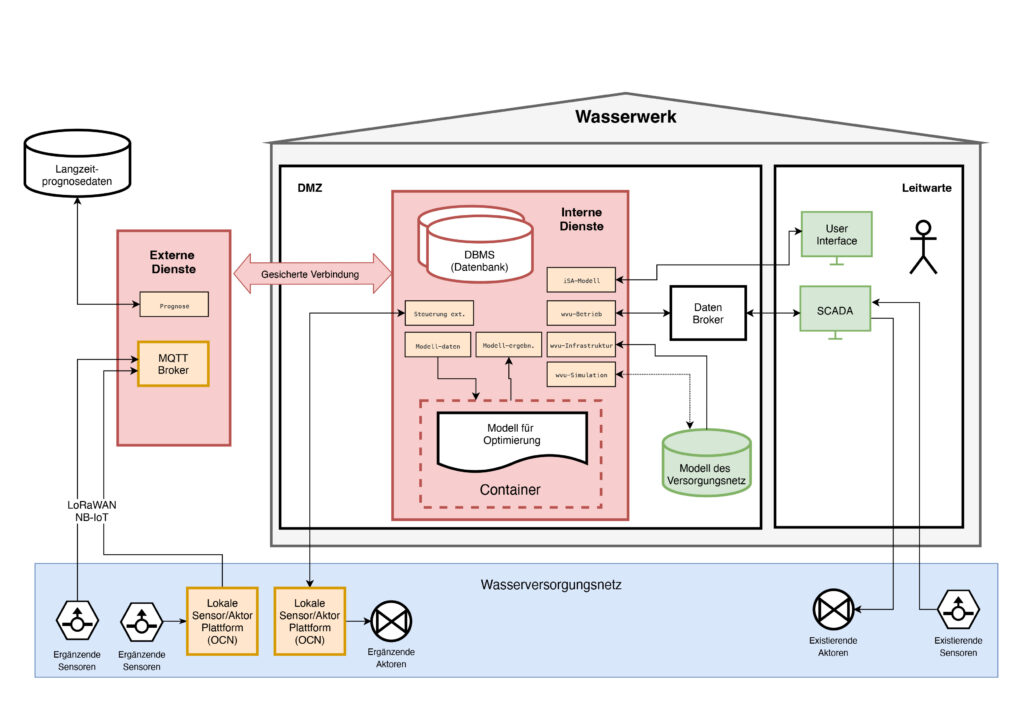
The aKtIv project is implemented in the pilot area 'Rheinschiene' in Rhineland-Palatine and is supported by the Federal Ministry of Education and Research.
Project start: 2022
Project partner:
